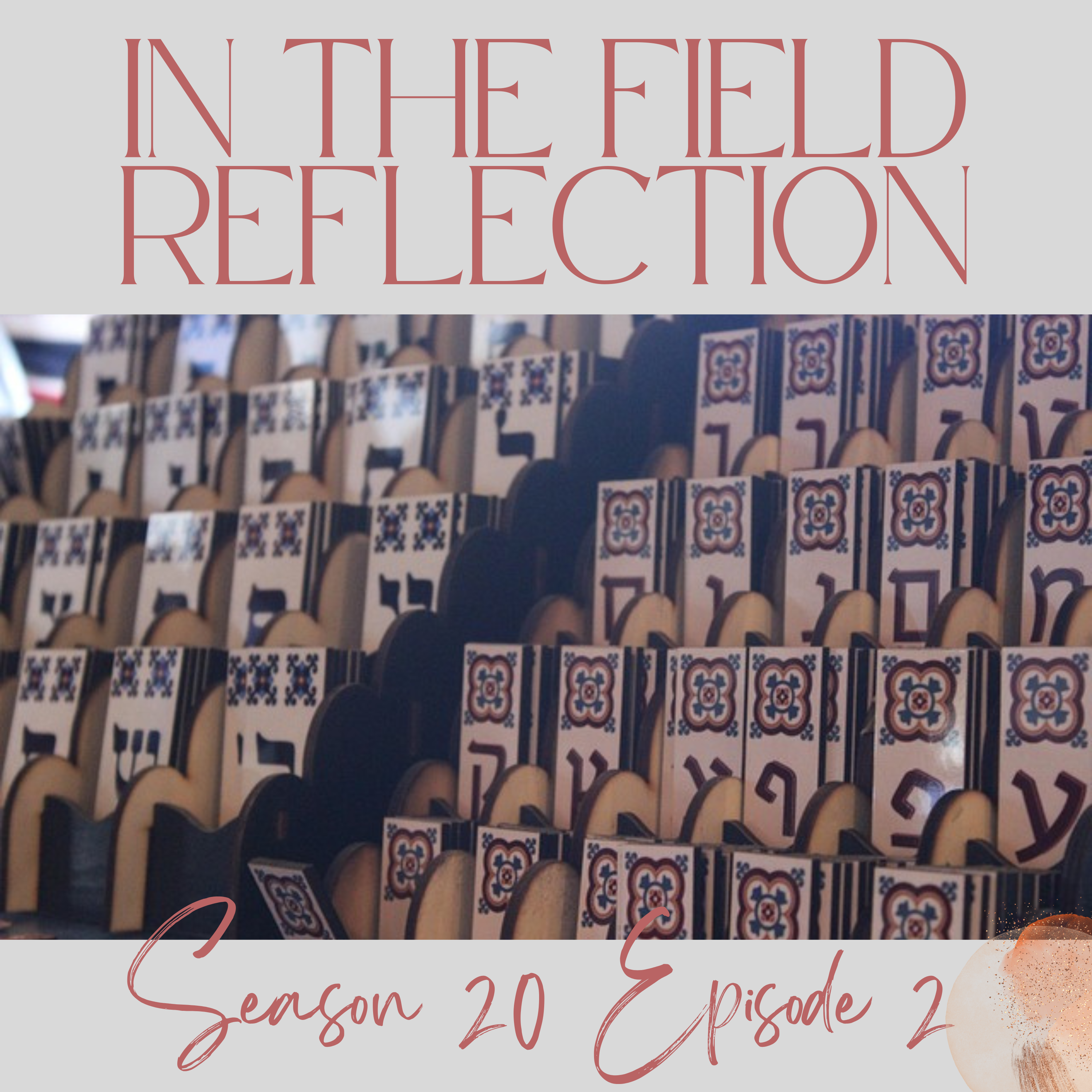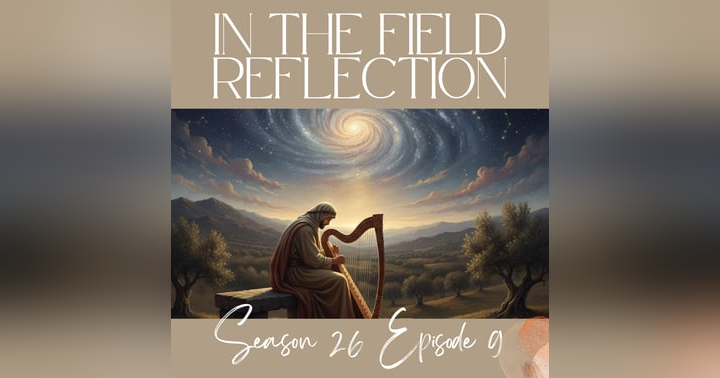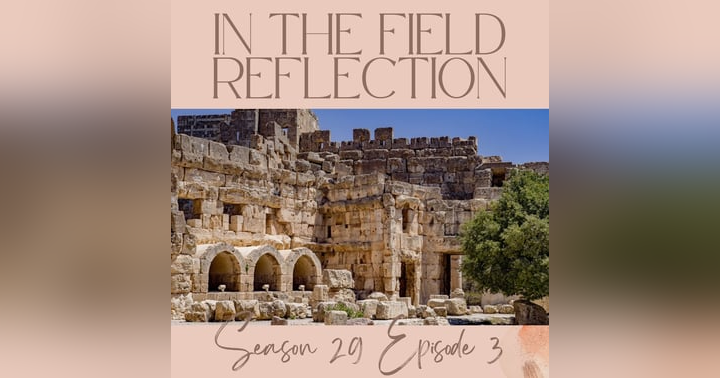The Prophet's Night Watch: Justice, Judgment, and Hope

In the haunting words of the prophet Micah, we encounter a timeless warning against injustice that resonates powerfully across the centuries. Chapter 2 of Micah reveals the devastating consequences that await those who lie awake at night plotting evil schemes against their neighbors, weaving together themes of justice, judgment, and hope that define prophetic literature. This ancient text exposes the darkness in human hearts with surgical precision, showing us that the roots of social injustice have remained tragically consistent throughout human history.
The prophet begins with a lament that cuts straight to the heart of human corruption: "Alas, for those who devise wickedness and evil deeds on their beds. When the morning dawns they perform it because it is in their power." Here, Micah identifies a fundamental pattern of oppression - the privileged using their nighttime hours not for rest or reflection, but for calculating how they might exploit others when daylight comes. They lie awake devising schemes to take what doesn't belong to them, simply because they have the power to do so. This imagery of midnight plotting followed by daylight execution creates a chilling portrait of premeditated injustice.
What makes this text so powerful is how clearly it identifies the specific mechanisms of oppression. The wealthy and powerful aren't merely thinking evil thoughts - they are actively "coveting fields and seizing them, houses and taking them away." They are systematically dismantling the inheritance and security of ordinary families. In ancient Israel, land wasn't merely property - it represented a family's covenant inheritance, their place in the community, their means of sustenance, and their legacy for future generations. To steal someone's land wasn't just economic predation; it was an assault on their very identity and future. We see similar patterns today when powerful interests displace communities, when gentrification pushes out long-standing residents, or when economic systems systematically transfer wealth from the vulnerable to the already wealthy.
God's response to these injustices is unequivocal and provides the central warning of the passage: "Therefore, thus says the Lord: Now, I am devising against this family an evil from which you cannot remove your necks." The language here is deliberately parallel - those who devise evil on their beds will find that God himself is devising calamity against them. The oppressors who have schemed against others will find themselves caught in the consequences of their own actions, unable to escape. This divine response reminds us that injustice never goes unnoticed or unpunished in God's economy. No matter how powerful the oppressors might seem, they remain accountable to a higher authority.
What makes Micah's prophecy particularly relevant for contemporary readers is its unflinching exposure of how people attempt to silence truth-tellers. When confronted with their wrongdoing, the powerful respond not with repentance but with denial and defensiveness: "Do not preach," they say. "One should not preach of such things. Disgrace will not overtake us." They prefer prophets who speak of "wine and strong drink" - comfortable messages that don't challenge their lifestyle or require moral transformation. This resistance to truth speaks directly to our modern context, where those who expose systemic injustice are often marginalized, attacked, or dismissed.
Yet amid this sobering picture of human depravity and divine judgment, Micah offers a surprising ray of hope. The chapter concludes with God's promise to "gather the survivors of Israel... like sheep in a fold." Even in judgment, God's ultimate purpose remains restoration. The same God who judges oppression also promises to gather his scattered people, to break through their circumstances, and to lead them forward as their king. This tension between justice and mercy reveals the complex character of God - one who cannot tolerate injustice but whose heart ultimately beats with redemptive love.
The enduring power of Micah's message challenges us to examine our own hearts and actions. When we lie on our beds at night, what occupies our thoughts? Do we scheme to advance our interests at others' expense, or do we meditate on what is good and just? How do we use whatever power and influence we possess in our families, workplaces, and communities? Do we leverage it for self-advancement or for lifting up those who have been marginalized? Micah calls us to a radical reorientation - to "do justly, love mercy, and walk humbly with God" in a world that often rewards the opposite values.



